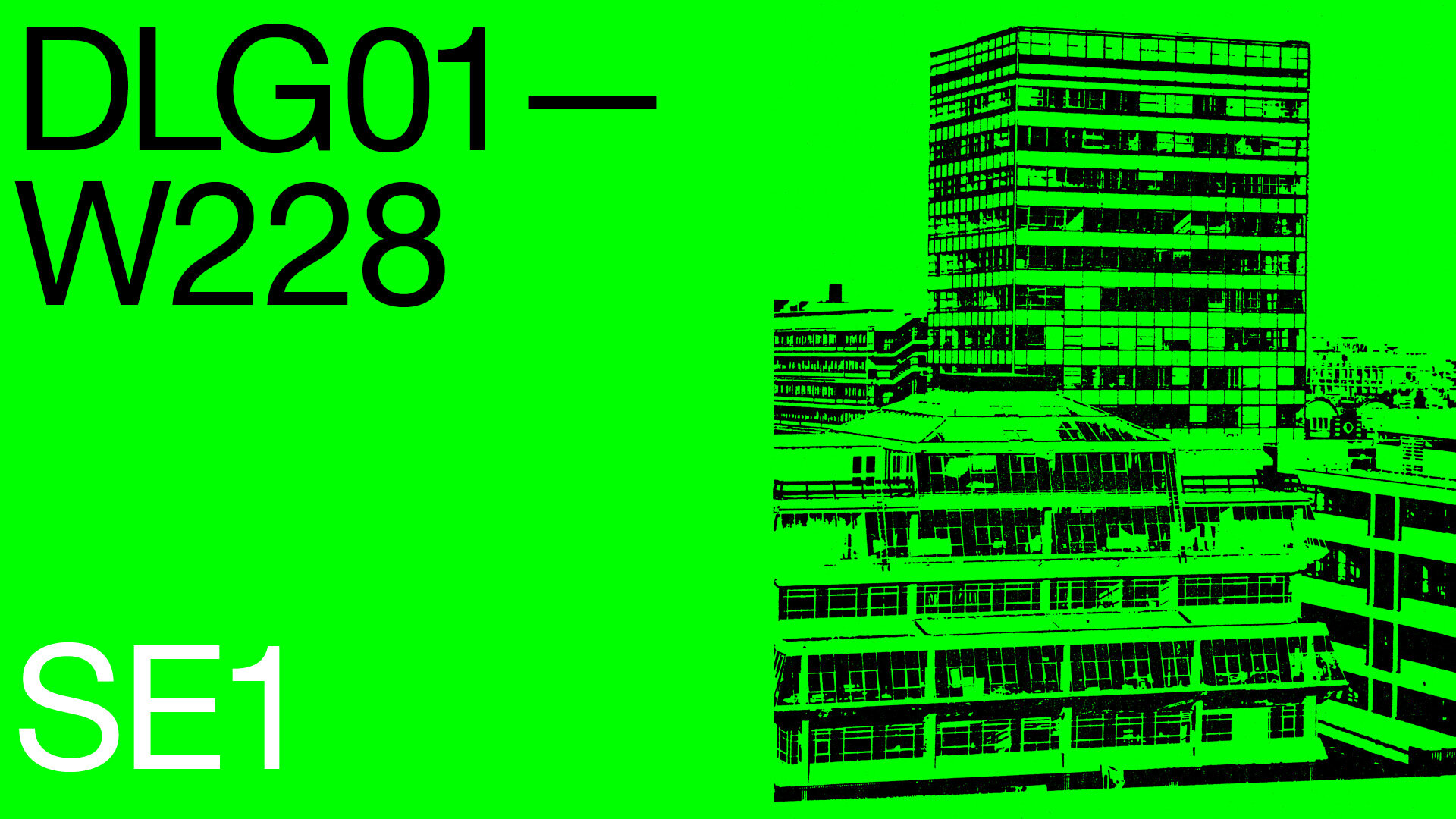Workshop Block to the car park and back again: a physical and ideological shift
Video presentation is allowed to be used for educational purposes.
This talk explores the renewal of the letterpress workshop at London College of Communication (formerly London College of Printing). Formed from an amalgamation of several educational institutions, the college has a history rooted deeply in print, design and industry. Letterpress composing and printing were taught at the college from the early days at St Brides in the 1890s, right up until the early 1980s when digital technologies superseded the process. The workshop was largely redundant and without a technician for several years when the decision was made to move it to the School of Design in 2004.
The following twelve years saw a series of initiatives designed to reinvigorate and reinterpret letterpress for a new generation of designers; co-collaborations between staff and students who were united in the ambition to explore the boundaries of the process. From working with prominent designers to curating exhibitions and events, these projects were undertaken within the rapidly changing context of post-digital design and profound changes to design education across the UK. Collectively, they have played an integral role in shaping our understanding of the process for the future.
Alexander Cooper graduated from London College of Printing in 2003 with a BA (Hons) in Typo/Graphic Design and completed his MA at University of Brighton in 2013. He ran the letterpress workshop at what is now London College of Communication for twelve years and is currently Senior Lecturer on BA (Hons) Graphic and Media Design. His practice-based research focuses on the interaction between content and process, exploring the relationship between technology and historical methods of production within a post-digital landscape. He co-designs, publishes and edits an occasional journal, Im-Pressed, with colleague Tim Hutchinson who he has worked with since 2013.


